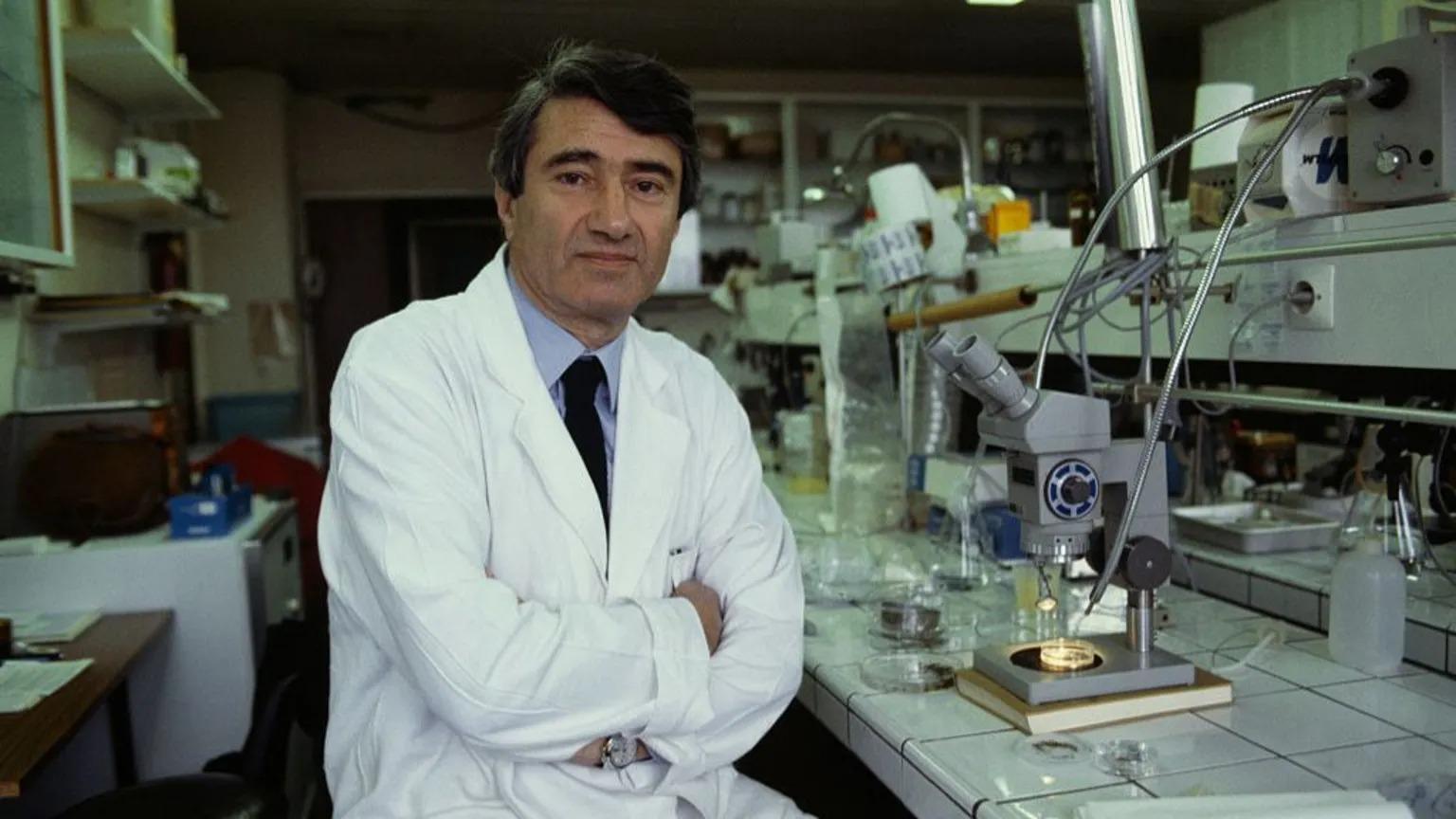Student Village Academy › Forums › ENTERTAINMENT › Viral Content › Pioneer of Abortion Pill, Dr. Etienne-Emile Baulieu, Passes at 98
- This topic has 1 reply, 2 voices, and was last updated 9 months ago by
 Precious.
Precious.
-
AuthorPosts
-
-
May 30, 2025 at 11:18 PM #79596
 Ayodeji adebayoParticipant
Ayodeji adebayoParticipantI just came across some bittersweet news that I wanted to share. Dr. Etienne-Emile Baulieu, the French scientist who changed millions of lives by developing the abortion pill, passed away at 98 in his Paris home on May 30, 2025. His work was groundbreaking, and his story is one of courage, science, and a fierce commitment to women’s freedom. Let’s dive into who he was, why his work mattered, and how it’s still sparking conversations today.

A Life Dedicated to Science and Freedom
Dr. Baulieu, born Étienne Blum in Strasbourg in 1926, was a force from a young age. At just 15, he joined the French Resistance against Nazi occupation, changing his name to stay safe. After studying medicine, he headed to the U.S. to work with Dr. Gregory Pincus, the genius behind the contraceptive pill. That experience shaped Baulieu’s focus on sex hormones, leading to his game-changing invention: RU-486, better known as mifepristone.Mifepristone, developed in the 1970s and approved in France in 1988, gave women a safe, non-surgical option for abortion. By blocking progesterone—a hormone needed for pregnancy to continue—it offered an affordable alternative to surgery. Today, it’s used in over 100 countries and is on the World Health Organization’s list of essential medicines (since 2010). But the road to approval wasn’t easy. Baulieu faced intense pushback, threats, and even comparisons to Nazi scientists from anti-abortion groups. Yet, he never wavered, driven by a belief in women’s autonomy and scientific progress.
French President Emmanuel Macron called him “a beacon of courage” and a “progressive mind who enabled women to win their freedom.” In 2023, Macron honored him with the Grand Cross of the Legion d’Honneur, praising his resilience against hate. France’s gender equality minister, Aurore Bergé, added that Baulieu’s life was guided by “human dignity.” His widow, Simone Harari Baulieu, said his research aimed to help everyone “live better and longer lives.”
The Impact of Mifepristone
Mifepristone has been a lifeline for millions, offering a private, accessible way to end early pregnancies. In the U.S., where it was approved in 2000, it’s used in about half of all abortions. The FDA reports a mortality rate of just 0.65 deaths per 100,000 users—safer than habitual aspirin use (15.3 deaths per 100,000). Despite this, the pill remains controversial. Some anti-abortion groups call it “chemical abortion,” falsely claiming it’s dangerous, even though medical experts consistently affirm its safety.
Access varies globally. In the U.S., mifepristone faces tight regulations, and in 2023, Wyoming became the first state to ban it outright. Baulieu, reflecting on such bans, said they went against his lifelong fight for women’s freedom. Here in Africa, access is limited in many countries due to legal restrictions, but where available (like South Africa), it’s a critical healthcare option.
Baulieu didn’t stop at mifepristone. In his later years, he tackled Alzheimer’s disease and severe depression, always chasing ways to improve lives. His story resonates with me as an African student—his courage in the face of adversity feels like the kind of grit we bring to our own journeys, whether studying abroad or pushing for change at home.
-
May 30, 2025 at 11:25 PM #79598
 PreciousParticipant
PreciousParticipantNever knew he existed. He should thank you o
-
-
AuthorPosts
- You must be logged in to reply to this topic.

